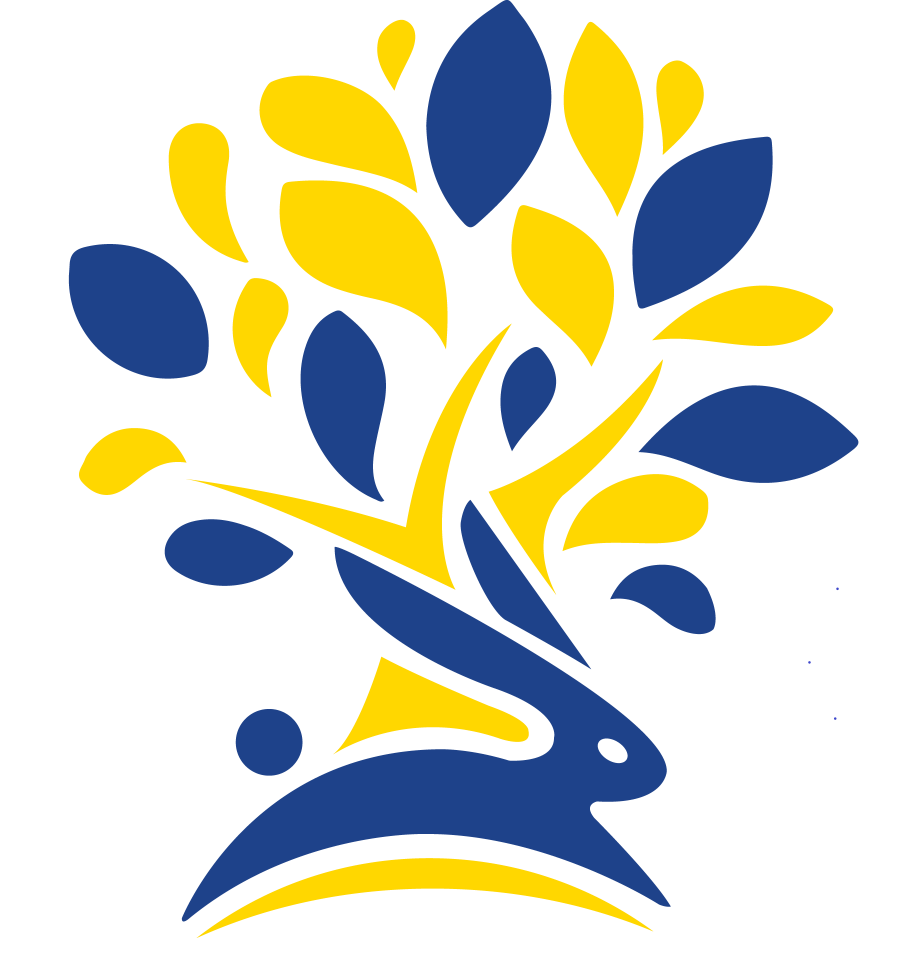Welcome to our R.E Curriculum

At Cuddington, we aim for our children to explore and learn about a broad range of religions and cultures, which develops their understanding of their community and the diverse world around them.
Our R.E Intent
Religious Education is an essential component of a broad and balanced education. Religious Education is concerned with the deep meaning that individuals and groups make of their experiences and how this helps them give purpose to their lives. It provides opportunities to explore, make and respond to the meanings of those experiences in relation to the beliefs and experiences of others as well as to engage and enrich one's own experiences. It is the aim that the teaching of Religious Education at Cuddington is of a high standard, which helps to promote children's spiritual, moral, social and cultural development and prepare all pupils for the opportunities, responsibilities and experiences of the present and the future. A main aim of RE is to develop tolerance and respect within our pupils. It is our intent that children will ask deep, meaningful questions about religion, understanding that the deepening of their personal understanding is more important than “content”.
Our intention is that children will “learn from” religions and understand that Religious Education demonstrates respect and an understanding of the community in which they live.
Implementation - how do we plan and teach R.E?
We use Discovery RE as our curriculum in order to support our high-quality lessons. Our curriculum promotes an enquiry approach which allows for in-depth exploration in order to answer the big enquiry question. Discovery RE encourages teaching Christianity plus one other principal religion / belief system in every year group, and enables all 6 principal religions (Buddhism, Christianity, Hinduism, Islam, Judaism, Sikhism) to be considered by the end of Key Stage 2. Throughout a unit, it also suggests opportunities to interweave Humanism into RE learning which is outlined below.
We use Rosenshine’s Principles alongside our teaching of RE with opportunities for recall, key vocabulary, scaffolded learning and questioning we support all learners. Through a repetitive approach to our units there are 4 stages used in order to teach RE. The four steps are:
Step 1: Engagement: the children’s own human experience is explored to act as bridge from their world (which may or may not include religion) into the world of the religion being studied.
Step 2: Investigation: we will guide the children to explore and investigate appropriate subject knowledge relevant to that question of enquiry.
Step 3: Evaluation: An assessment activity enables each child to show their thinking and the depth of critical evaluation.
Step 4: Expression: This refers the children back to the starting point of their own experience and allows them to reflect on whether their findings have influenced their own thinking.
The RE learning is reinforced and consolidated through many enrichment activities during the school year. These include daily assemblies, Nativities and carol concerts and the Harvest Festival. We are currently in the process of planning RE based trips for our children for the next academic year, in the interim, we will be welcoming visitors into the school to share their religion with the children.
British values are an integral part of our school ethos and this is taught through this curriculum area as well as in our weekly assemblies which develop the children's understanding of mutual respect and tolerance of those of different faiths and beliefs. This offers the opportunities for children to discuss, debate, explore and discover in order to learn more about the world they live in.
We would wish to remind parents of their right to withdraw their children from all or part of the religious education and collective worship provided. If you would like to discuss this, please contact us via the school office.
Impact-how is progress shown?
The skills and values taught in RE lessons are ingrained throughout daily life at Cuddington Croft. The impact of lessons and celebration of different cultures and religions represented at the school can be seen through the tolerance and attitudes of the children and staff. This is evident through conversations with children, staff and parents. We know that lessons have impact when children are able to ask questions - investigate - draw conclusions - evaluate - reflect and express.
By the end of Year 6 When our children leave Cuddington Croft, a good learner in R.E will..
-Be critical thinkers and motivated to find out more about people’s beliefs, religious or otherwise
-Be able to ask meaningful questions and be motivated to find out more
-To show tolerance and respect towards others
-Have a strong knowledge and understanding of different religions and cultures











